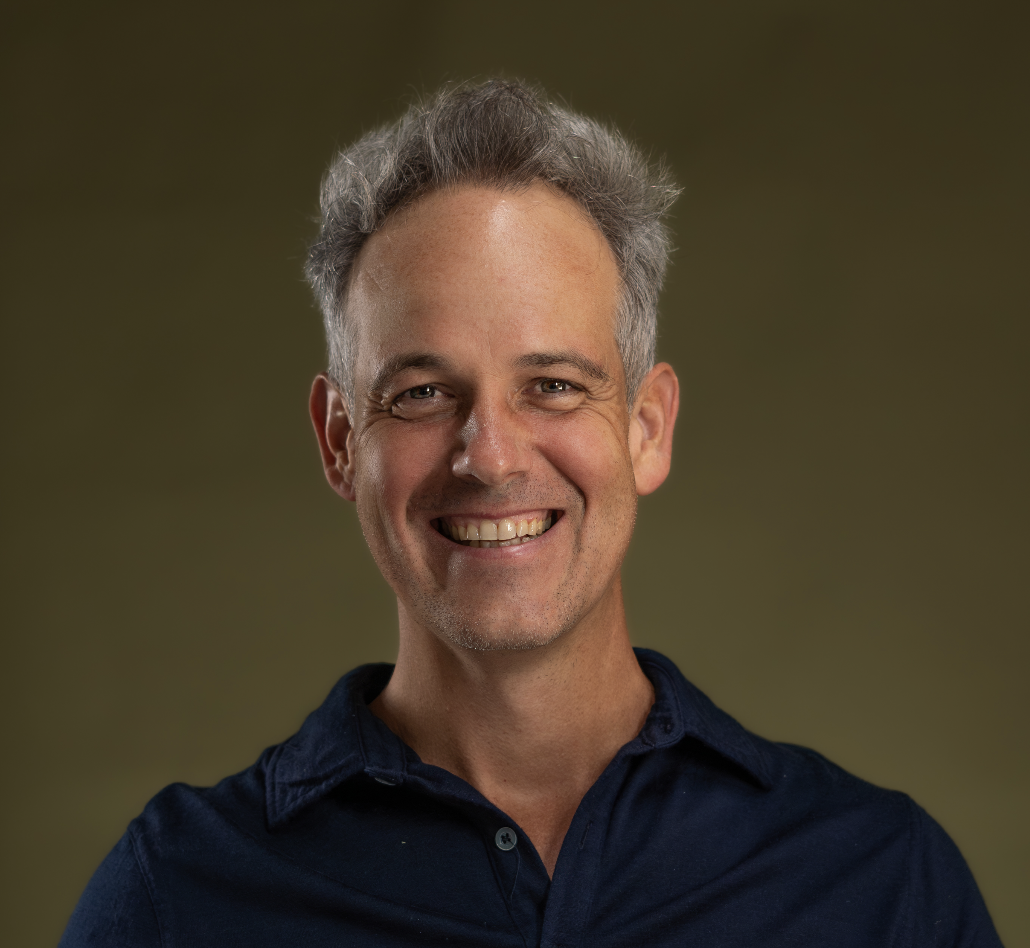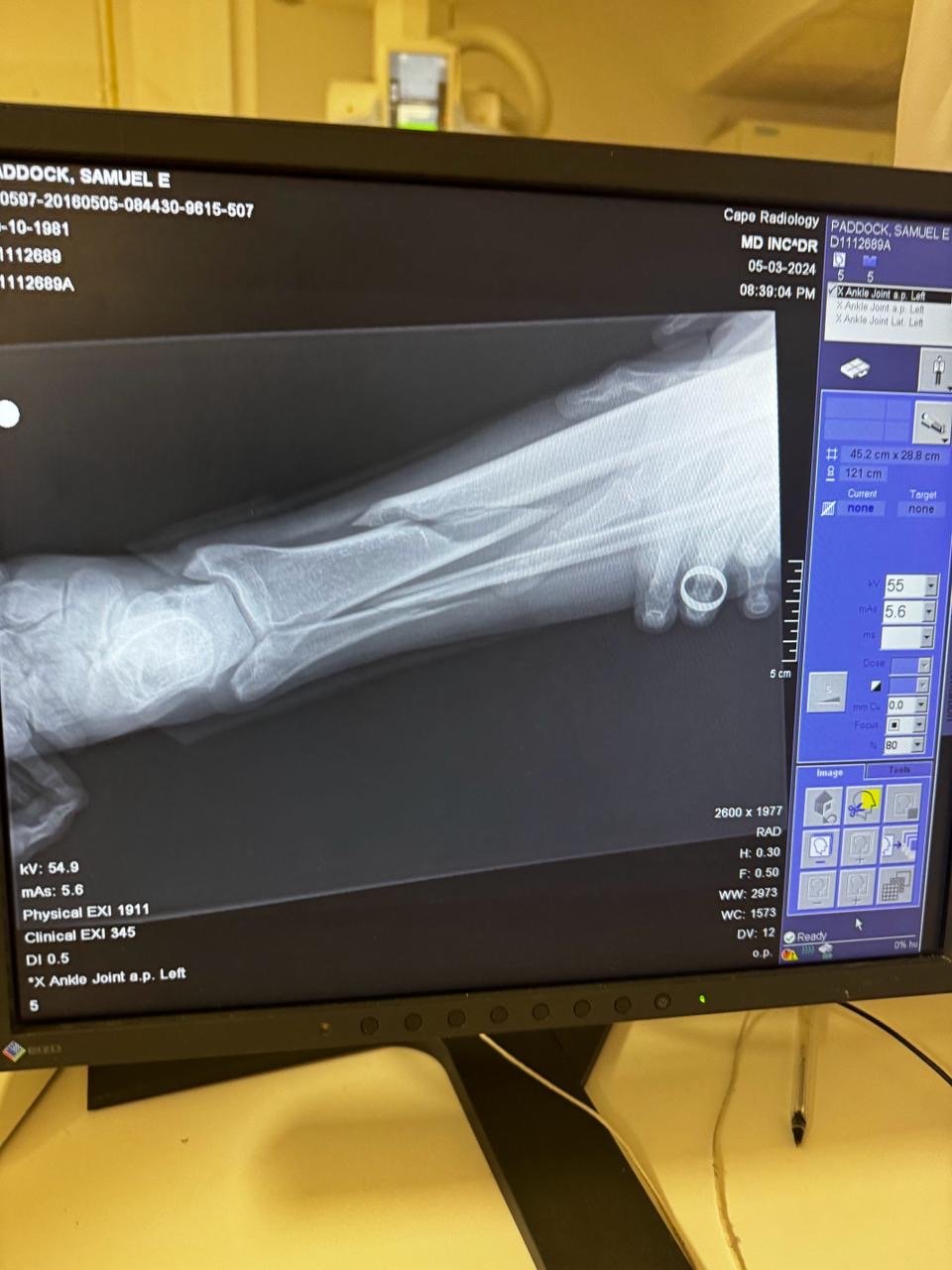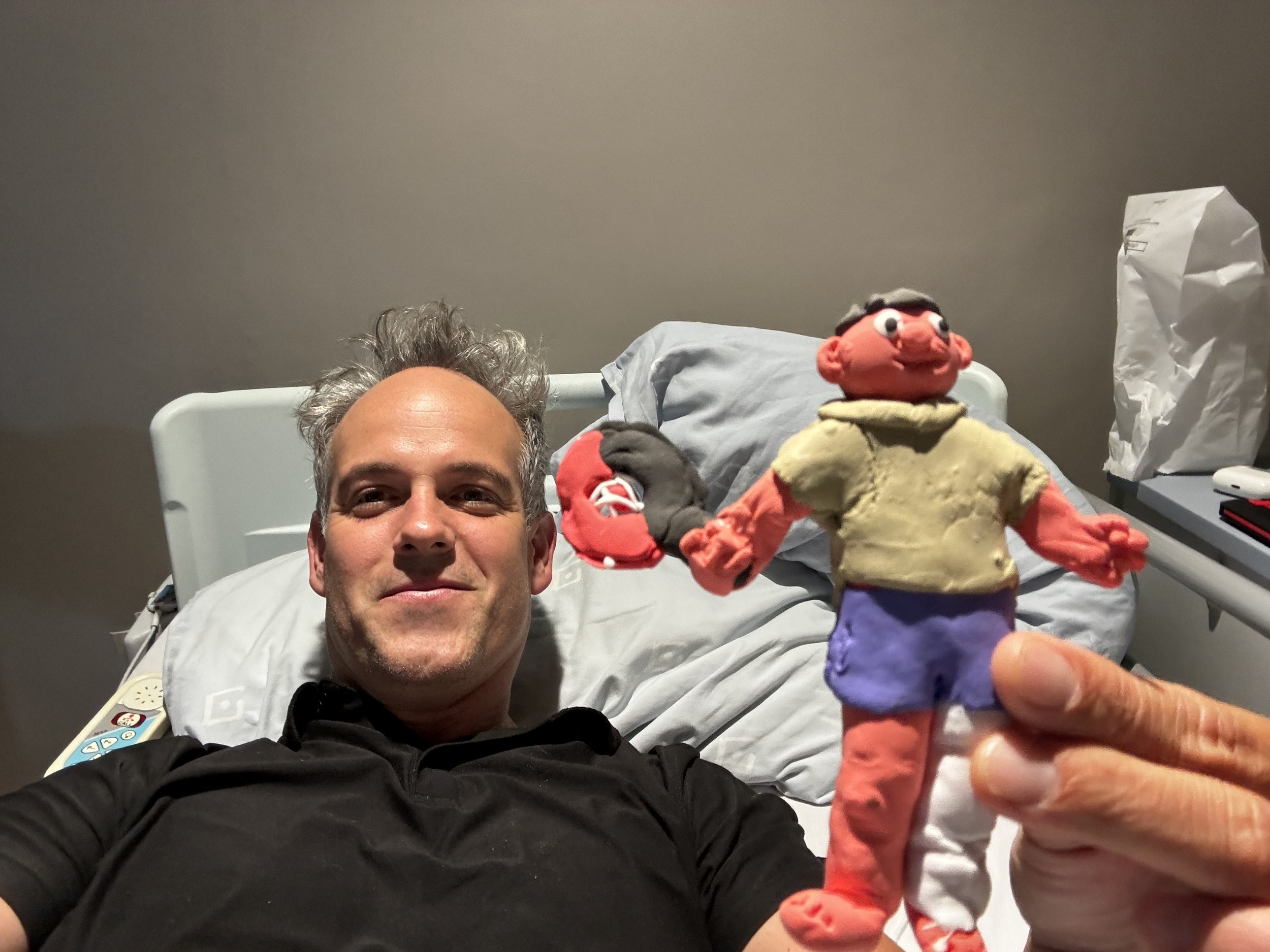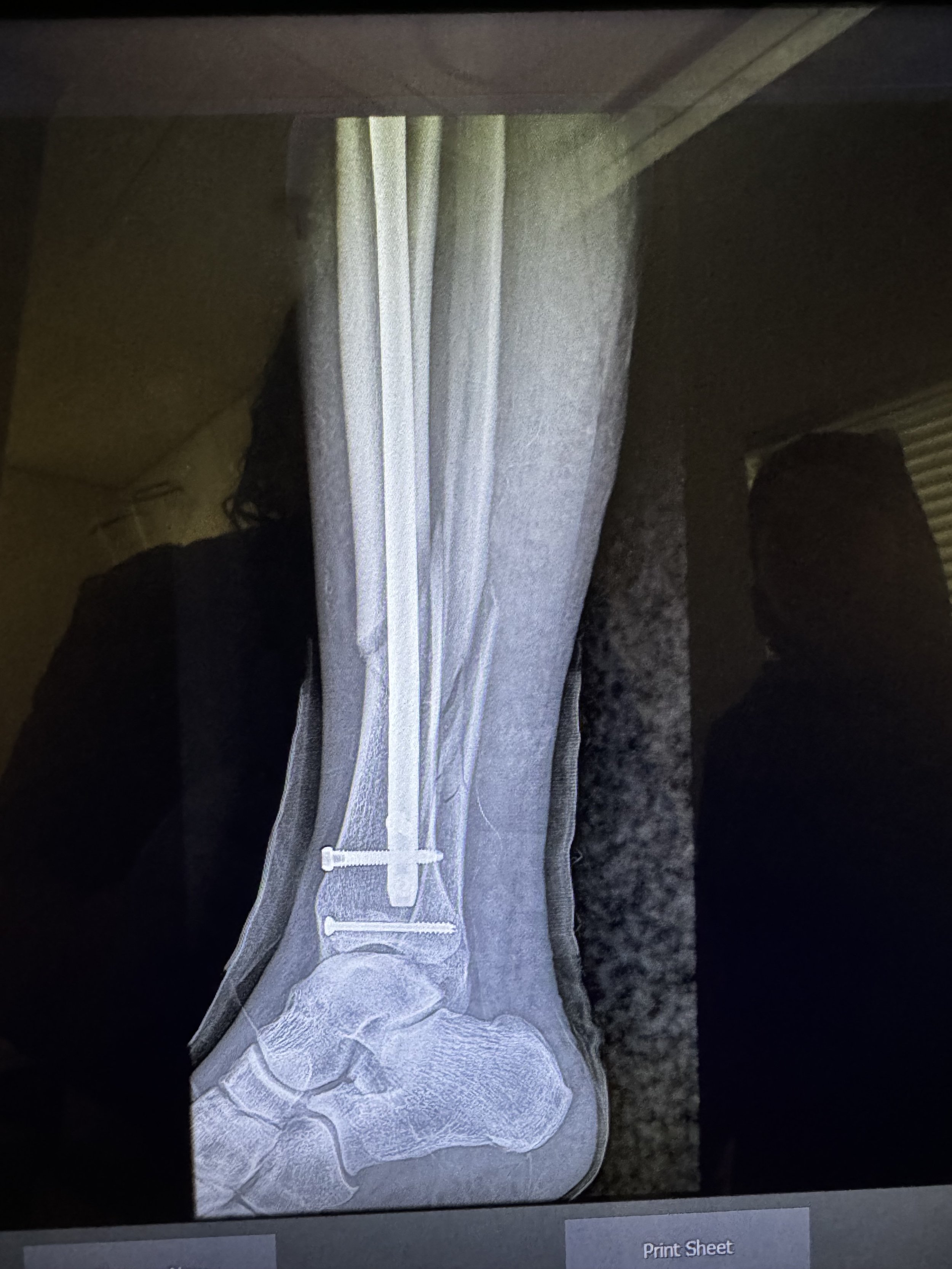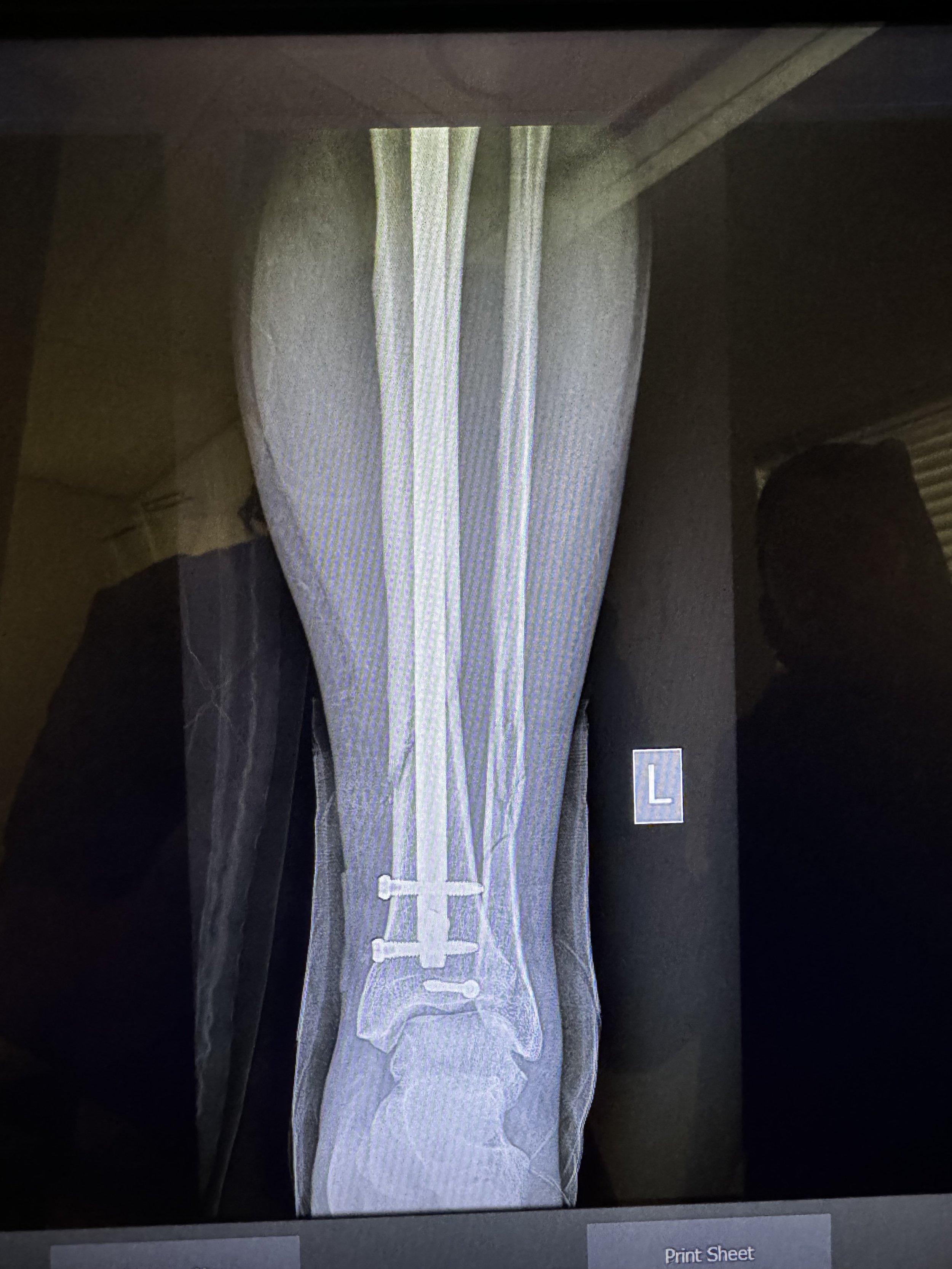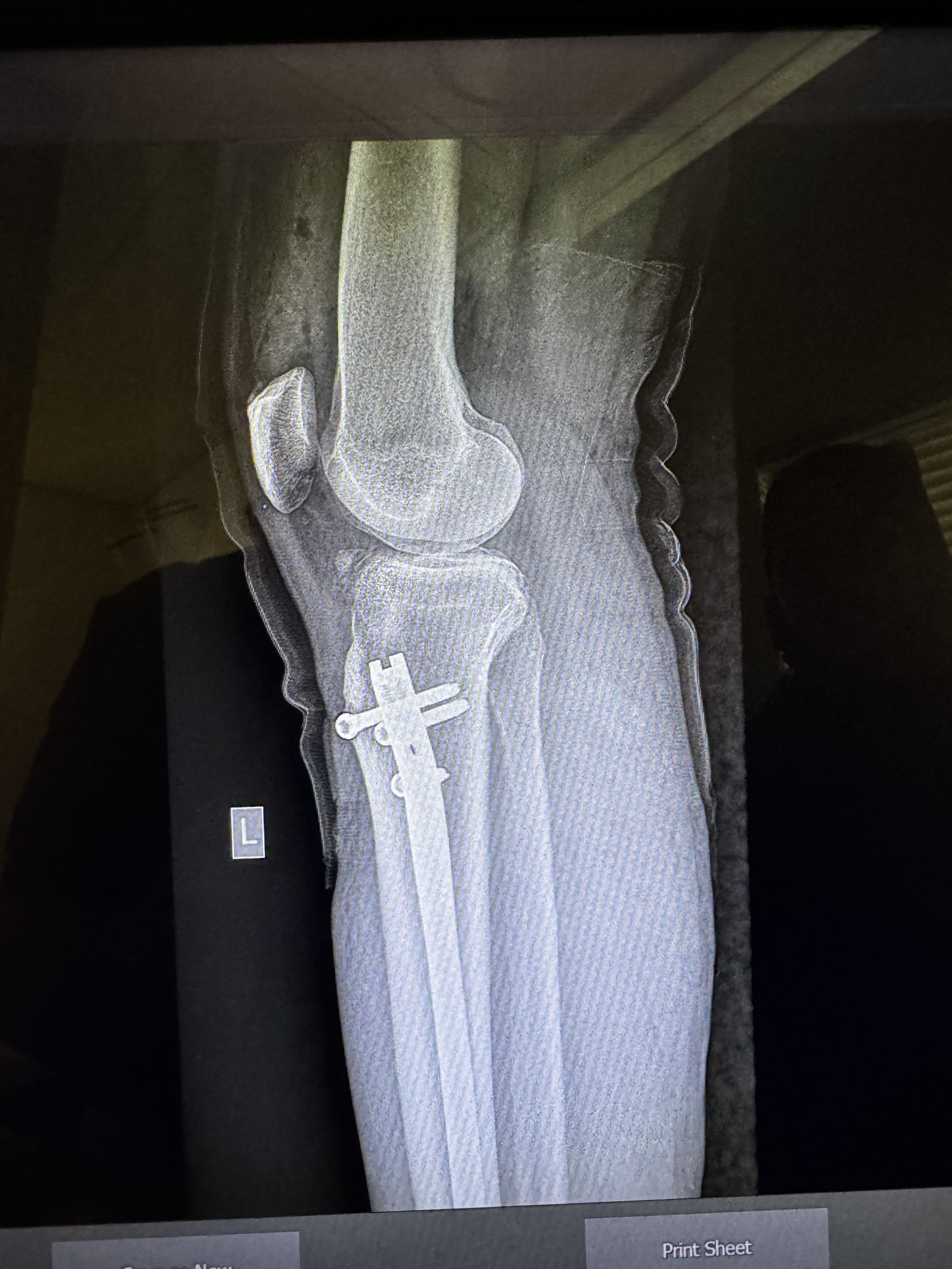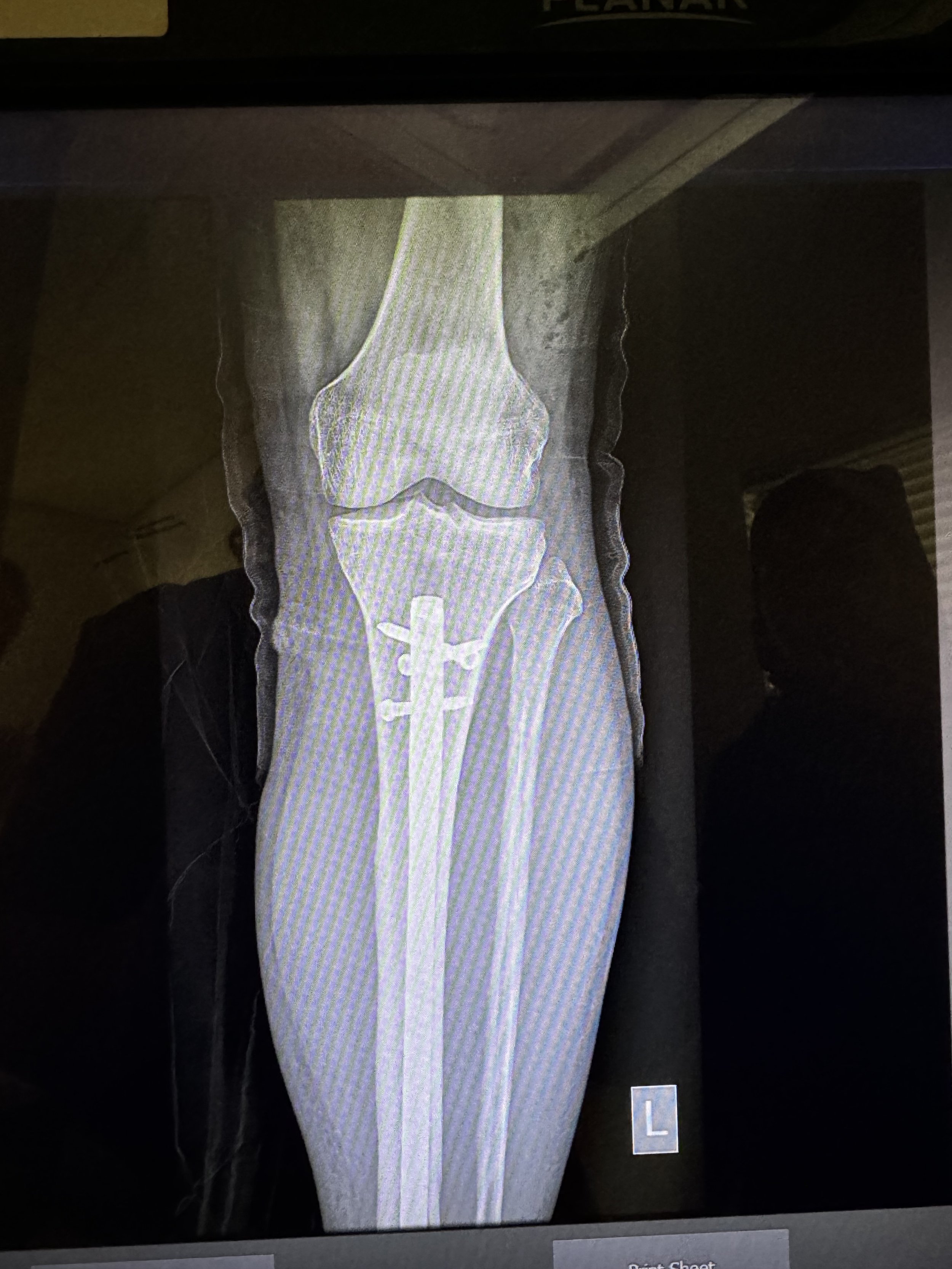18 months ago, I gave myself 2 years to find my next business venture. If you know me, you’ll understand it took a lot to give myself that much time. Surely I could find it faster than that!?
But, of course, timing is a major driver in business as it is in life. I needed to allocate sufficient time to explore actively and widely - making myself alive to possibility - while also waiting for the next thing to present itself. The first thing is in my control. The second is not.
The overachiever in me is pleased to report that it took me a year to find it! The strategist in me is grateful that I started searching when agentic AI was being born.
Back in September ‘23, I had just returned from a sabbatical where I focussed on family time and on studying generative AI. After committing to this 2-year period of searching for my next commercial venture, I started exploring widely - I ran a programme for entrepreneurs, I put together a boutique private equity offering, supported the CEO of a large international company on issues of strategy and innovation, built an AI assistant that could see and talk, built an AI group collaboration app, and helped commercialise our family farm.
Breaking my leg (badly!) during this time was strangely supportive of the task at hand. There’s nothing like spending 3 months in bed to focus the mind, and then 2 hours of daily rehab to rediscover the value of discipline. I digress.
Then one day in September last year I heard chatter on Twitter (X) about this new “audio overview” feature that Google Notebook’s team had just launched.
It blew me away.
If you haven’t seen it, you have to try it.
After uploading any document, presentation or link to a website, it generates an audio podcast that helps you quickly understand the subject matter through a casual, editorialised, highly engaging 2-person conversation.
It feels like magic. And it sounds like real people. But, of course, it isn’t either.
It is a very clever implementation of generative AI with the latest voice models from Google’s Deep Mind that no one else has access to.
My first thought was that I had seen the future of education.
But after a few days, I realised that wasn’t quite right. I hadn’t seen the future. This is how learning has always been.
We learn best by listening to others. And all the better when those people know enough about us to make the learning personal. Even better if we can talk back and have a conversation with them!
This is the domain of great teaching and 1-1 tutoring - the gold standard for any learner who can afford it. We’ve known this since forever, and understood it through research since the 1980s (see Bloom’s 2 sigma problem). While we’ve made progress in using technology to close the gap between the efficacy of group and 1-1 instruction, a meaningful gap still exists today.
Last September, NotebookLM didn’t show me the future of education. It showed me how ancient learning can be scaled in a digital, AI-enabled world; how these technologies could deliver smarter, faster, even more human online education experiences.
I’ve written a separate post titled “Scaling ancient learning in an AI-enabled world”. It deals with the more technical nuances and theoretical underpinnings of using these technologies for anyone who wants to go deeper.
Bottom line: This technology - when it’s well integrated - doubles learning gain. It makes learning more personal; it makes it faster. This has major implications for teaching and learning, similar to the impact streaming video and broadband had 15 years ago that led to the validation and proliferation of current generation online courses as we know them today.
And now, the next generation of learning is coming.
All of this to say that 6 months ago I found my next business venture. I’m back in EdTech. I’m all in!
I have an incredible team.
As we’ve navigated the last 6 months, I’m increasingly aware that something is different in building teams today. In just 180 days, our team of 7 people have worked with a range of generative AI tools, agentic AIs and esteemed faculty at world leading Universities to build online courses that feature AI tutors and copilots that, in our most recent presentations, achieved an NPS of 94.
That’s a long sentence. My takeaway: great people + generative and agentic AI = new levels of productivity.
The way we’re building our team is not different from the way we’re building the next generation of education. We’re combining people + AI to achieve outsized results.
As always, it starts with great people.
Hagen Rode and I partnered at university, where we came first in all our tech projects. We've also worked together on previous ventures. He now leads all technology at NGL.
Robyn Costa was part of the founding team at GetSmarter and we’ve been working together for almost 20 years. Robyn runs Strategic Projects and fills in all the important gaps. Always.
Sammy-Jane Every led 150 people building current gen online courses for the world’s leading Universities. She works with me on strategy and runs our product and commercials.
Ester van der Walt’s exceptional mind is the reason we have been able to marry pedagogy and gen AI technology to create AI tutoring experiences that yield an NPS of 94. Just exceptional.
Jannah Ruthven leads Design. Her rare full stack combination of marketing smarts, copywriting, design and operational management means there is little we do that she doesn’t touch. And make beautiful.
Stella Pickard is my Executive Assistant and without whom I wouldn’t be able to operate across so many different parts of my life. She makes everything better. She is also a lawyer and tech entrepreneur.
And while we leverage generative and agentic AI a ton - just to be clear, we are hiring.
We have a small group of amazing investors who are close to home for me: Graham and Mandy Paddock, Rob Paddock and Samer Salty - people whose views and support I value deeply.
What we’re doing wouldn’t be possible without leading thinkers from global institutions. From leading Universities to publishers and corporates, we’re working with people who are bold and passionate about their work in education. They care about innovation; and they care about doing it responsibly. They want a hand in shaping tomorrow. It is such a privilege to work with them.
We’re on a mission to inspire the use of gen AI and voice models in the next generation of online courses. This is why we call ourselves Next Gen Learning (NGL).
We are what we do.
Watch this space.
More at www.nxgl.ai
